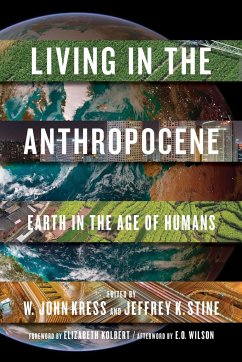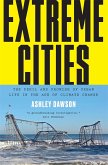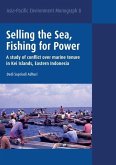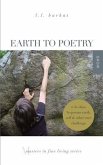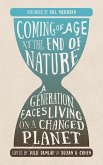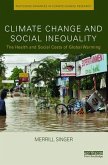Explores the causes and implications of the Anthropocene, or Age of Humans, from multiple points of view including anthropological, scientific, social, artistic, and economic. Although we arrived only recently in Earth's timeline, humans are driving major changes to the planet's ecosystems. Even now, the basic requirements for human life--air, water, shelter, food, nature, and culture--are rapidly transforming the planet as billions of people compete for resources. These changes have become so noticeable on a global scale that scientists believe we are living in a new chapter in Earth's story: the Anthropocene, or Age of Humans. Living in the Anthropocene: Earth in the Age of Humans is a vital look at this era. The book contextualizes the Anthropocene by presenting paleontological, historical, and contemporary views of various human effects on Earth. It discusses environmental and biological systems that have been changed and affected; the causes of the Anthropocene, such as agricultural spread, pollution, and urbanization; how societies are responding and adapting to these changes; how these changes have been represented in art, film, television, and literature; and finally, offers a look toward the future of our environment and our own lives.
Hinweis: Dieser Artikel kann nur an eine deutsche Lieferadresse ausgeliefert werden.
Hinweis: Dieser Artikel kann nur an eine deutsche Lieferadresse ausgeliefert werden.

